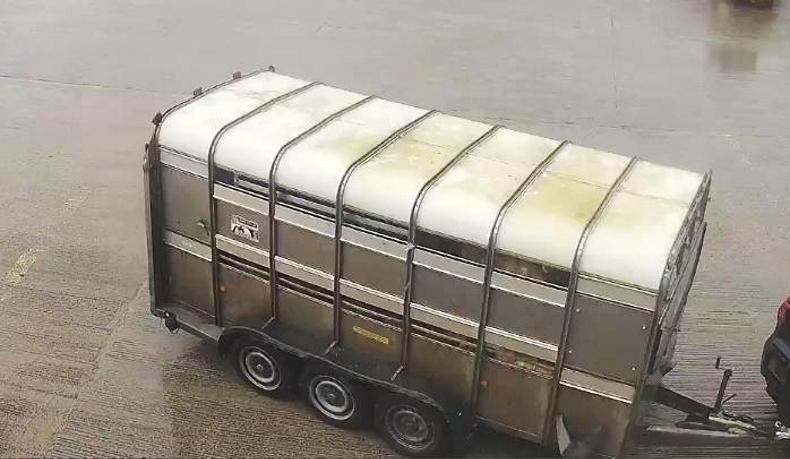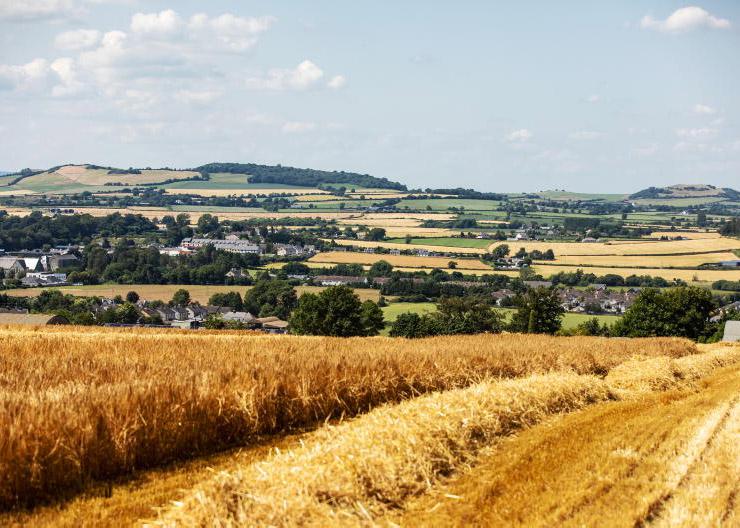Food Vision 2030 should be reviewed to implement strategies which would cut herd numbers, export subsidies should be placed on high-value food products and the appeal of red meat should be reduced, a new report has recommended.
The report, Fixing Food Together, was compiled by the Climate and Health Alliance. It has 19 members, including UCD, the Royal College of Surgeons of Ireland, the Irish Cancer Society, the Asthma Society of Ireland and Safefood.
Considering guidance from the Environmental Protection Agency, the alliance recommends “a review of Food Vision 2030 with a view to implementing strategies to reduce herd numbers”.
These strategies would “support farmers to transition into farming sectors outside of ruminant livestock” in order to reduce the national herd.
The alliance said that it “is highly cognisant” that for many farmers “shifting entirely from dairy and cattle farming to other forms of agriculture will be a difficult, financially onerous undertaking”.
The report also recommends putting export subsidies on high-value food products and that Ireland “must consider a significant scaling back of Ireland’s dairy production exports”.
Red meat
The appeal of red meat and processed meat to high consumers, those who consume over 90g of these foods per day, should be reduced, according to the report.
Consumption of these meats should be reduced to between 350g and 500g cooked weight per person per week, it said.
Fixing Food Together contains seven key recommendations for the agriculture section itself, some of which are already under way.
It recommends that the Agri-Climate Rural Environment Scheme (ACRES) should “provide governmental subsidies and access to credit for farmers transitioning or diversifying from ruminant farming to horticulture, woodland, biomass or other regenerative farming practices” and for incentives for farmers to switch to organic farming.
It also recommends support and funding for infrastructure and education to support farmers to grow and market nutritious and indigenous foods, particularly pulses.
There should be increased “marketing of farming as a viable and attractive career choice” to increase young farmer numbers and key barriers such as access to land and credit should be tackled, it said.
Ireland’s land quality should be mapped to inform a land use framework, it added.
Infant formula
The report called for the implementation of robust measures to protect the human rights of mother and child “against the risk of digital marketing of breast milk substitutes, including follow-on or toddler milks, by industry actors”.
Swap bacon for trout
The report looked at a number of “healthy sustainable meal swaps”.
In one example it suggests that a plate of bacon, cabbage and potatoes mashed with butter and milk could be replaced by a baked darne of Irish trout, seasonal vegetables and boiled baby potatoes.










SHARING OPTIONS